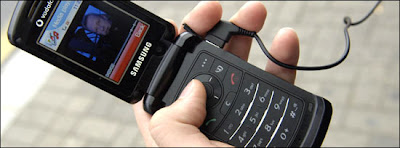
There's an old saying in English: ‘Manners maketh man'. It means that having good manners, or being polite to other people, will make you a successful and admirable person.
Well, in this programme we look at one important way of being polite – how to say sorry for something you've done wrong. As you'll hear, there are different ways of saying sorry in everyday situations, but the patterns are easy to learn and easy to use!
Well, in this programme we look at one important way of being polite – how to say sorry for something you've done wrong. As you'll hear, there are different ways of saying sorry in everyday situations, but the patterns are easy to learn and easy to use!
Listen to the programme




